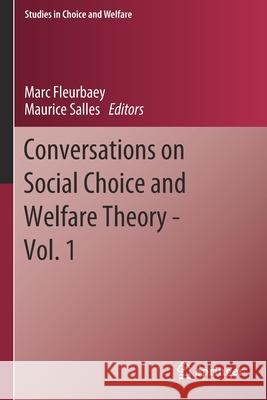Conversations on Social Choice and Welfare Theory - Vol. 1 » książka
topmenu
Conversations on Social Choice and Welfare Theory - Vol. 1
ISBN-13: 9783030627713 / Angielski / Miękka / 2022 / 344 str.
Conversations on Social Choice and Welfare Theory - Vol. 1
ISBN-13: 9783030627713 / Angielski / Miękka / 2022 / 344 str.
cena 644,07
(netto: 613,40 VAT: 5%)
Najniższa cena z 30 dni: 578,30
(netto: 613,40 VAT: 5%)
Najniższa cena z 30 dni: 578,30
Termin realizacji zamówienia:
ok. 16-18 dni roboczych.
ok. 16-18 dni roboczych.
Darmowa dostawa!
Kategorie:
Kategorie BISAC:
Wydawca:
Springer
Język:
Angielski
ISBN-13:
9783030627713
Rok wydania:
2022
Ilość stron:
344
Waga:
0.48 kg
Wymiary:
23.39 x 15.6 x 1.83
Oprawa:
Miękka
Wolumenów:
01
Dodatkowe informacje:
Wydanie ilustrowane











